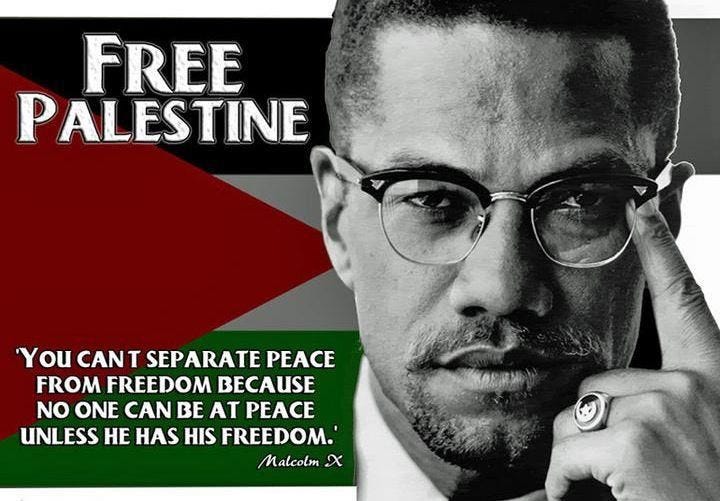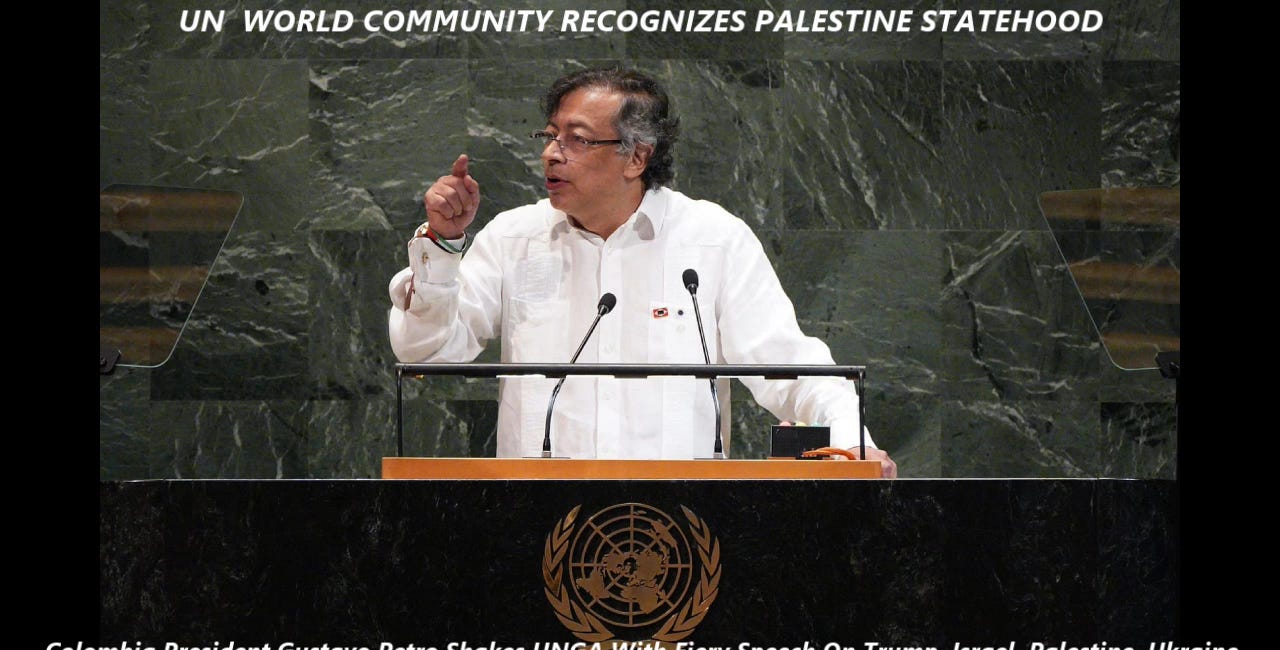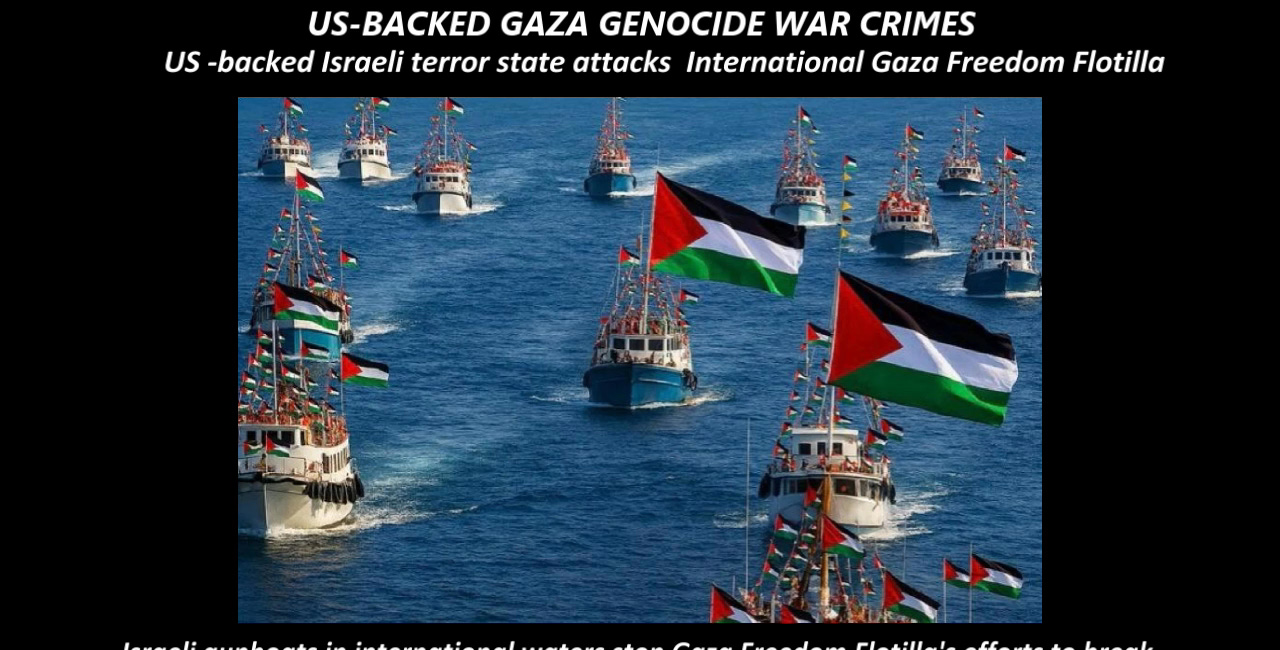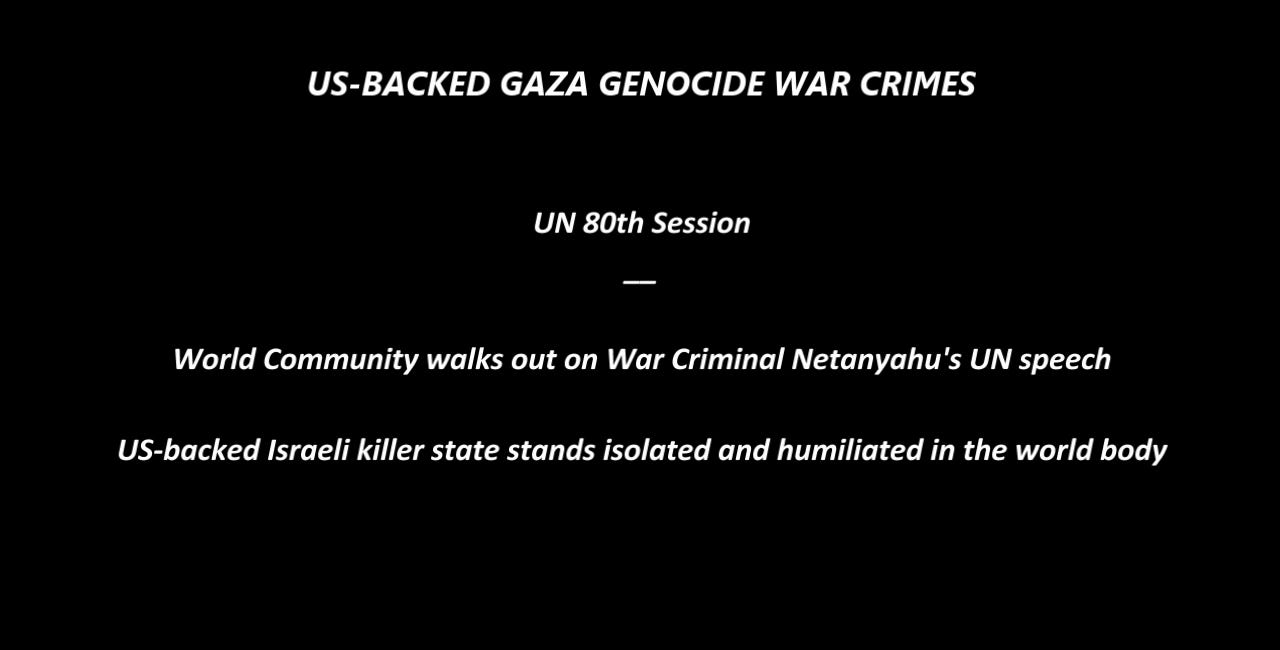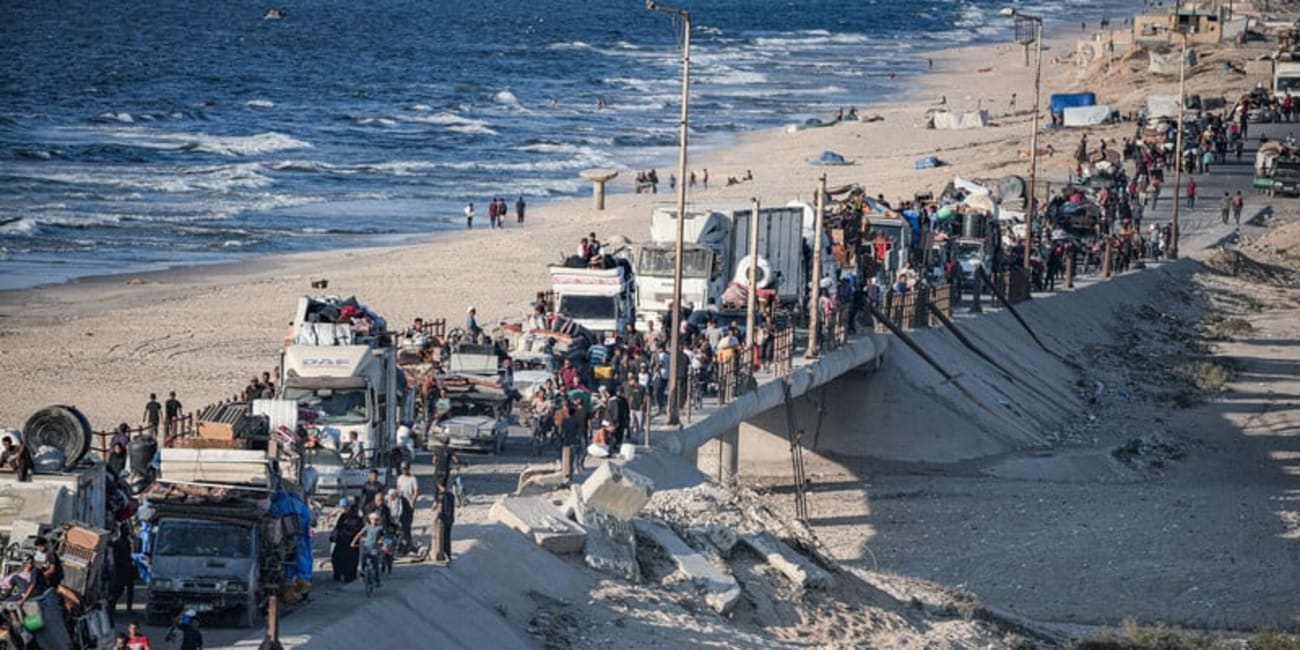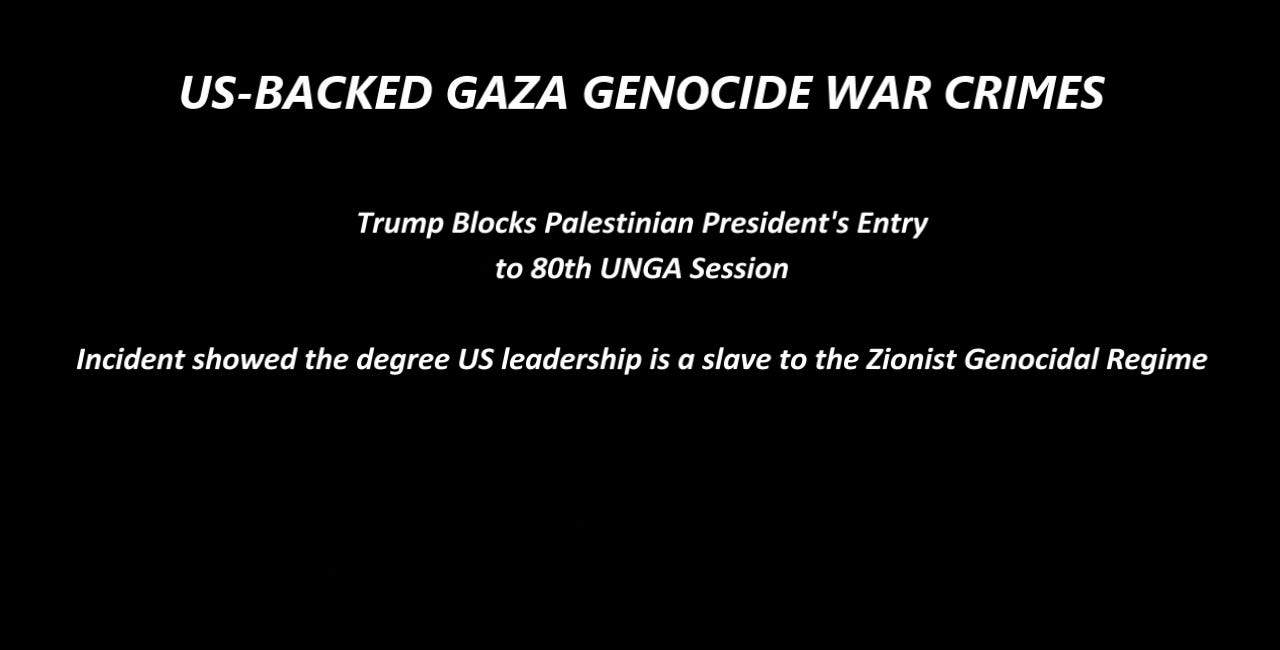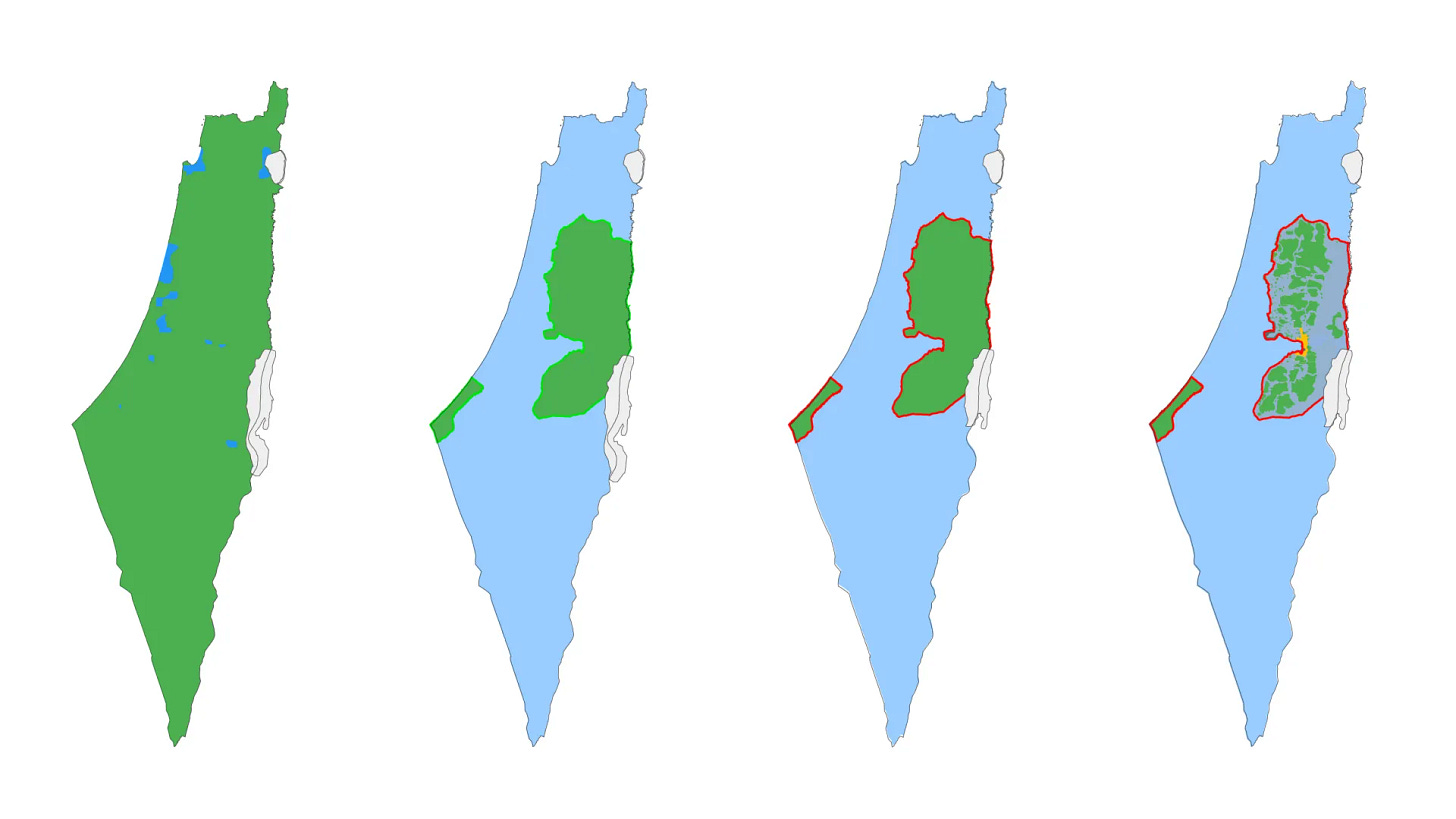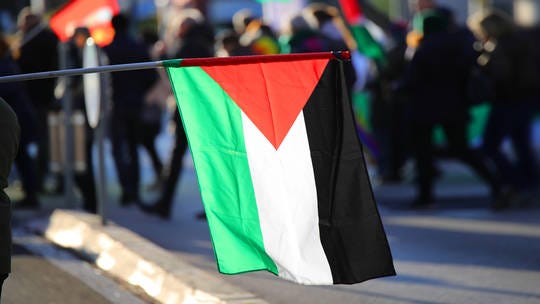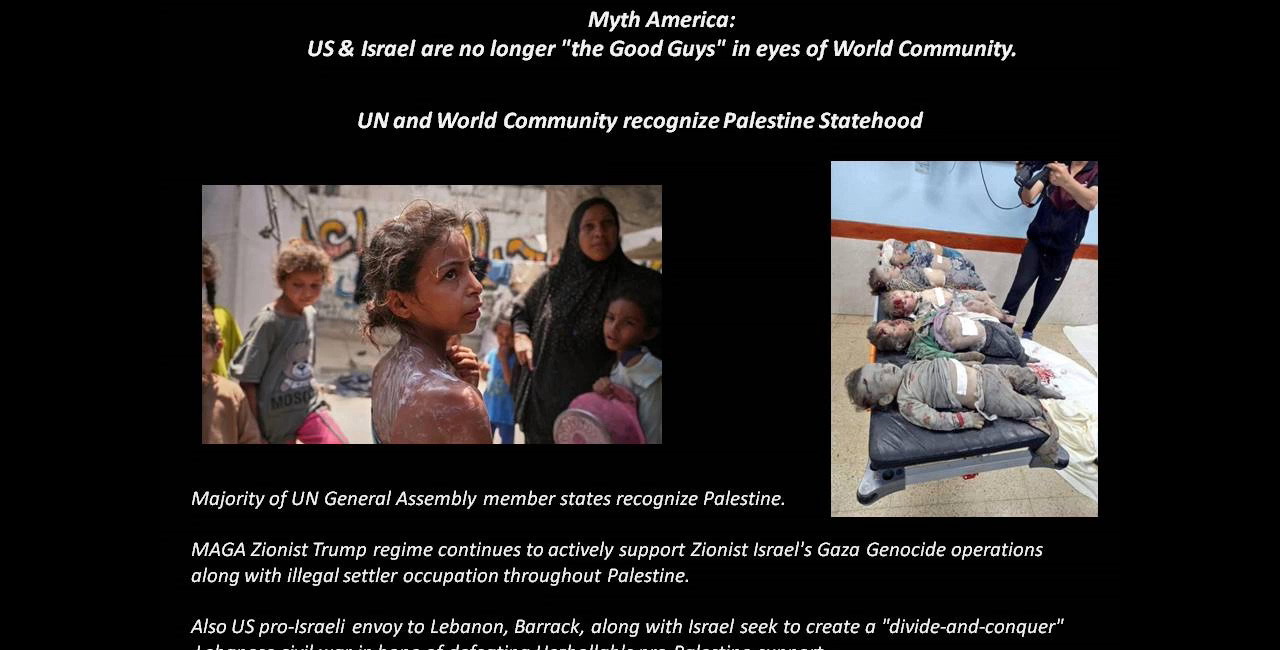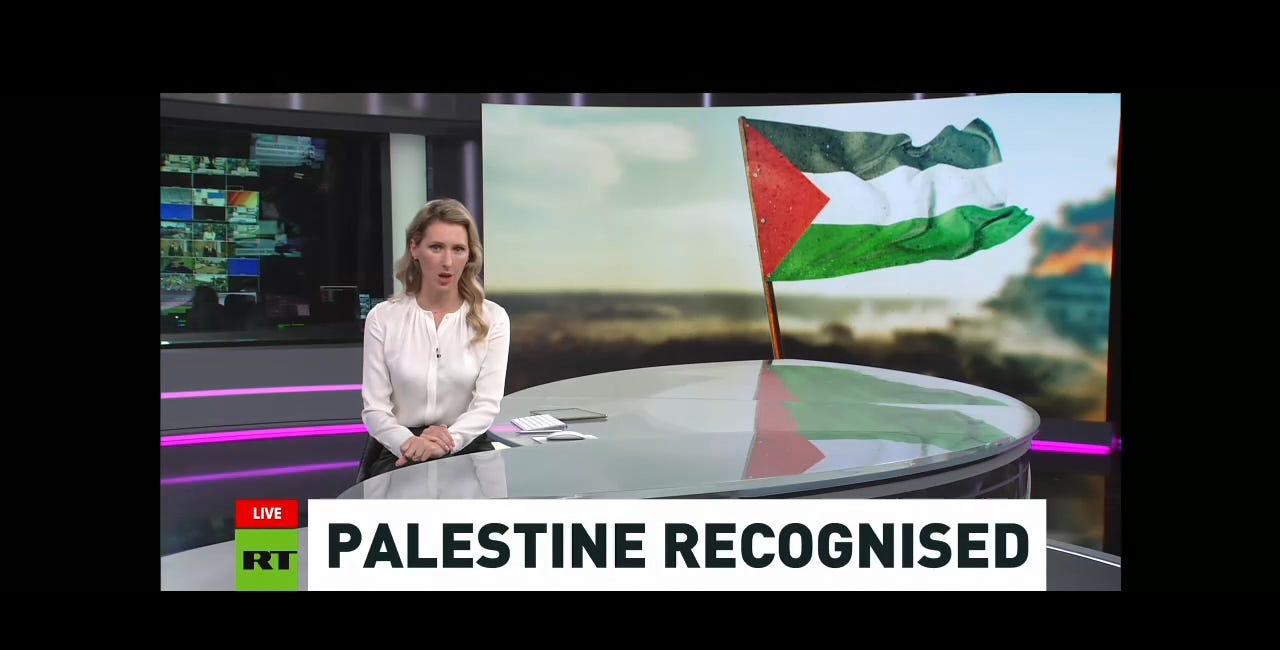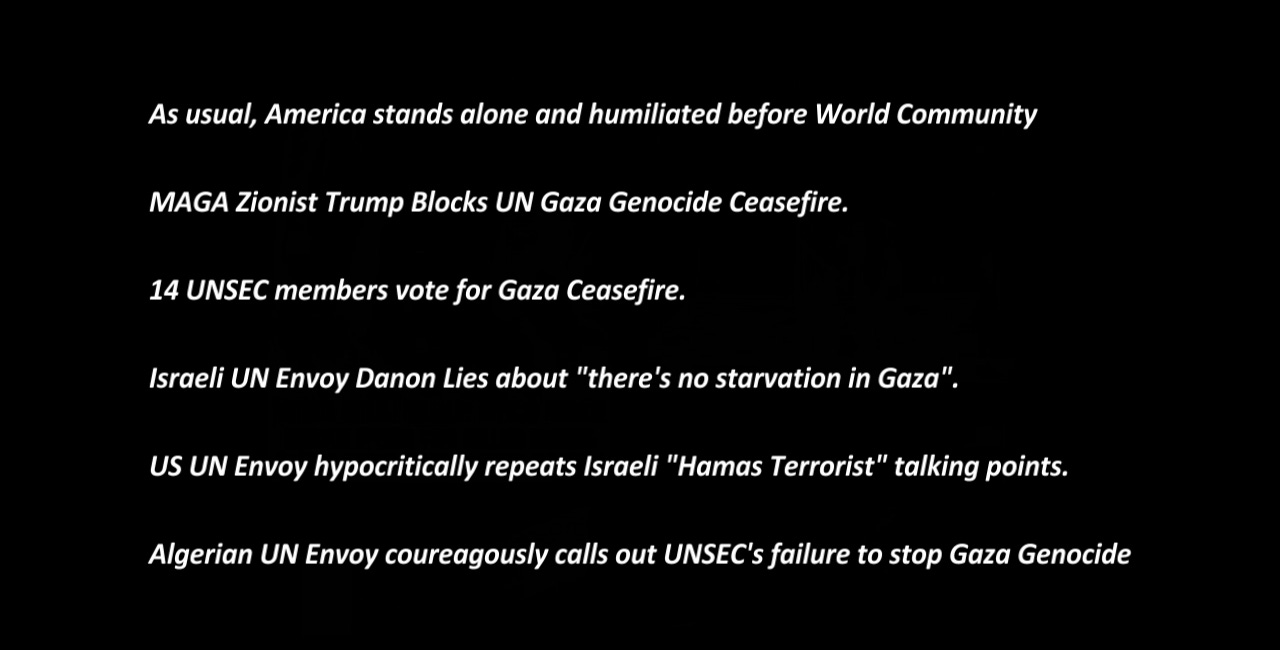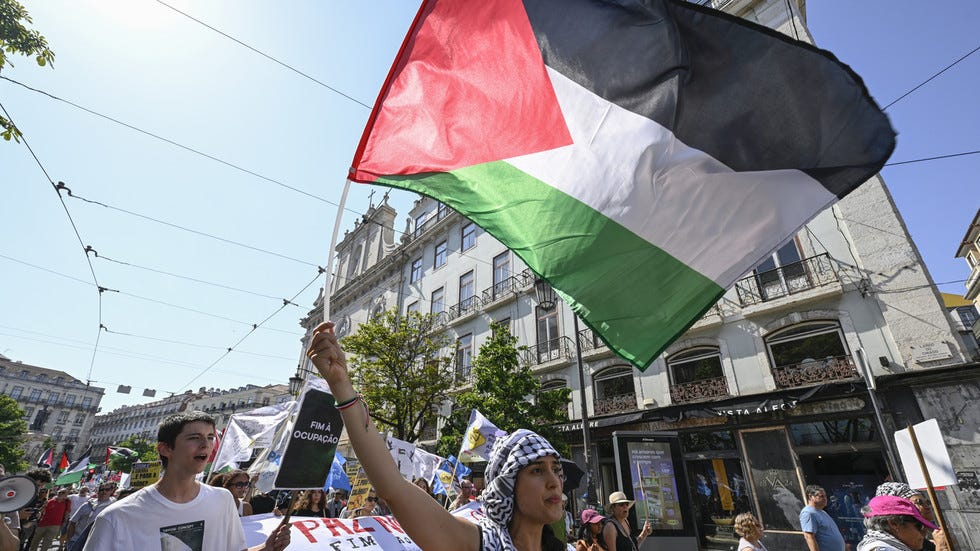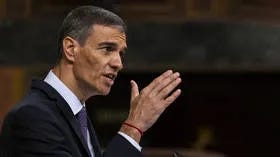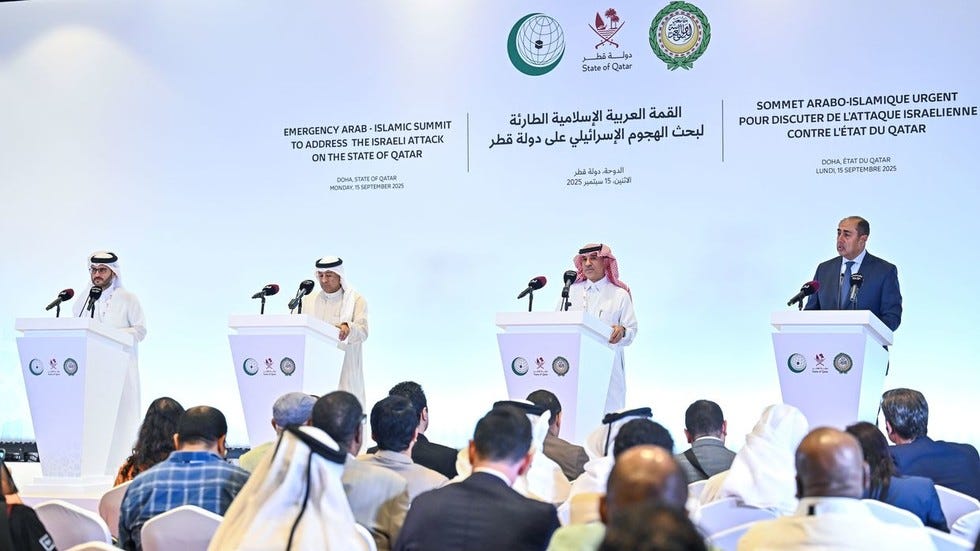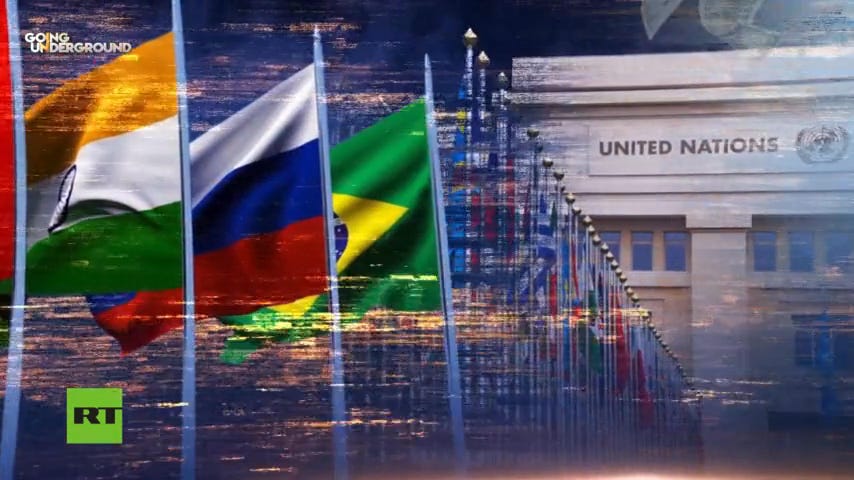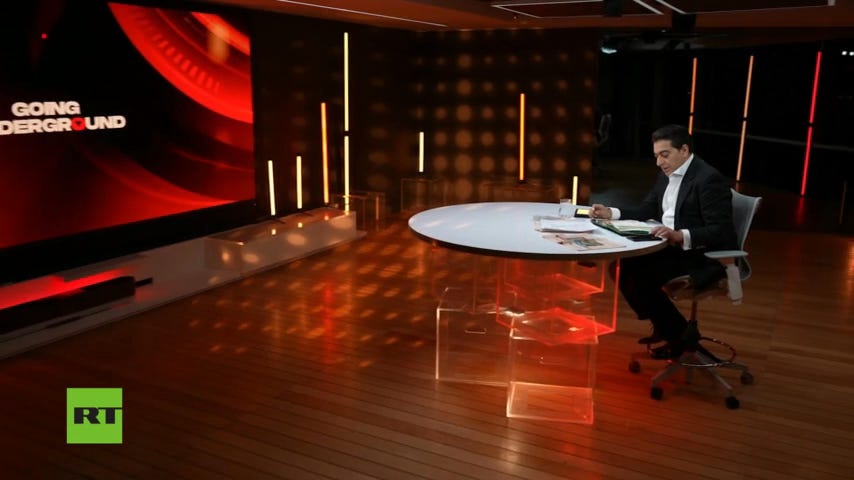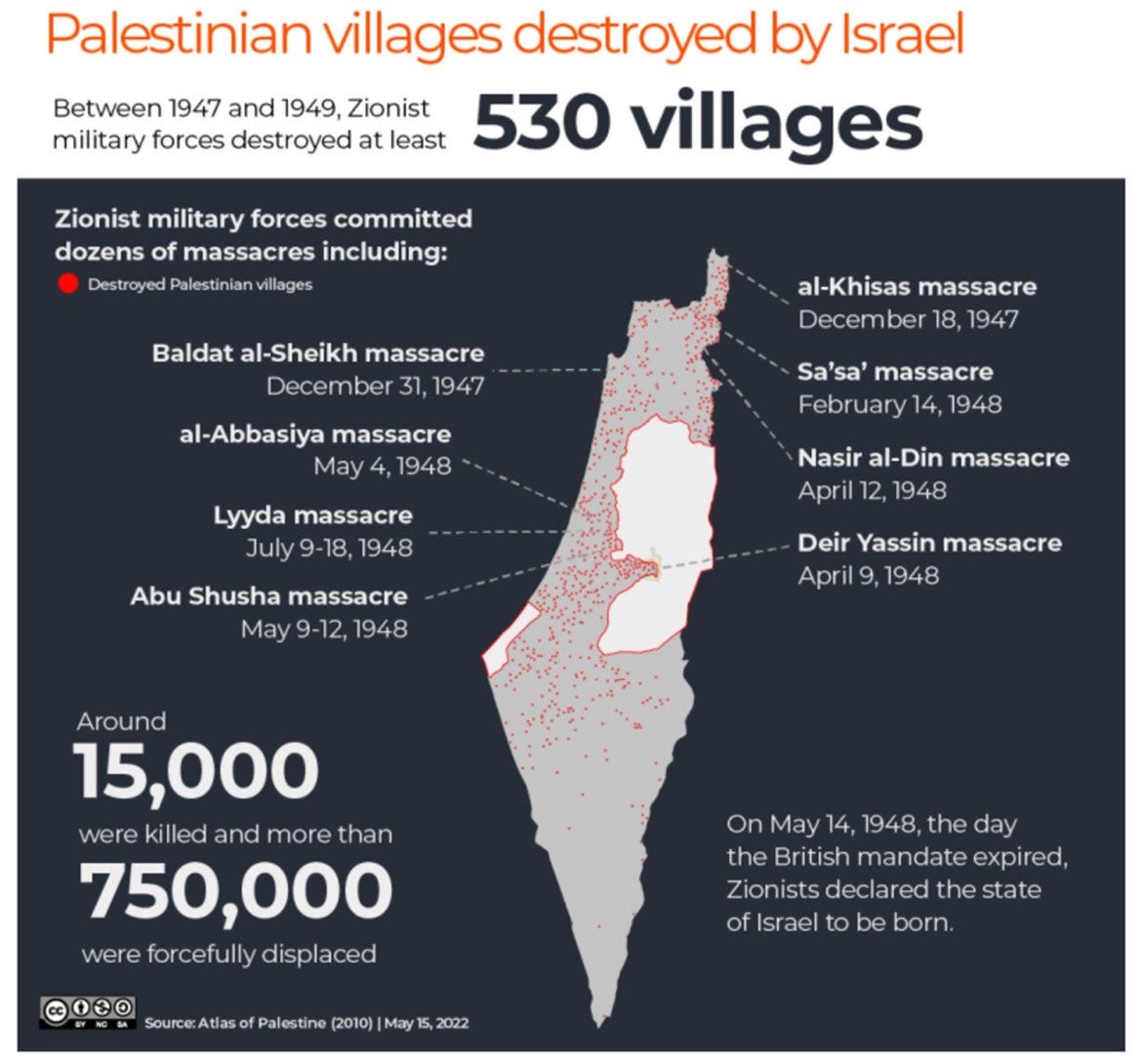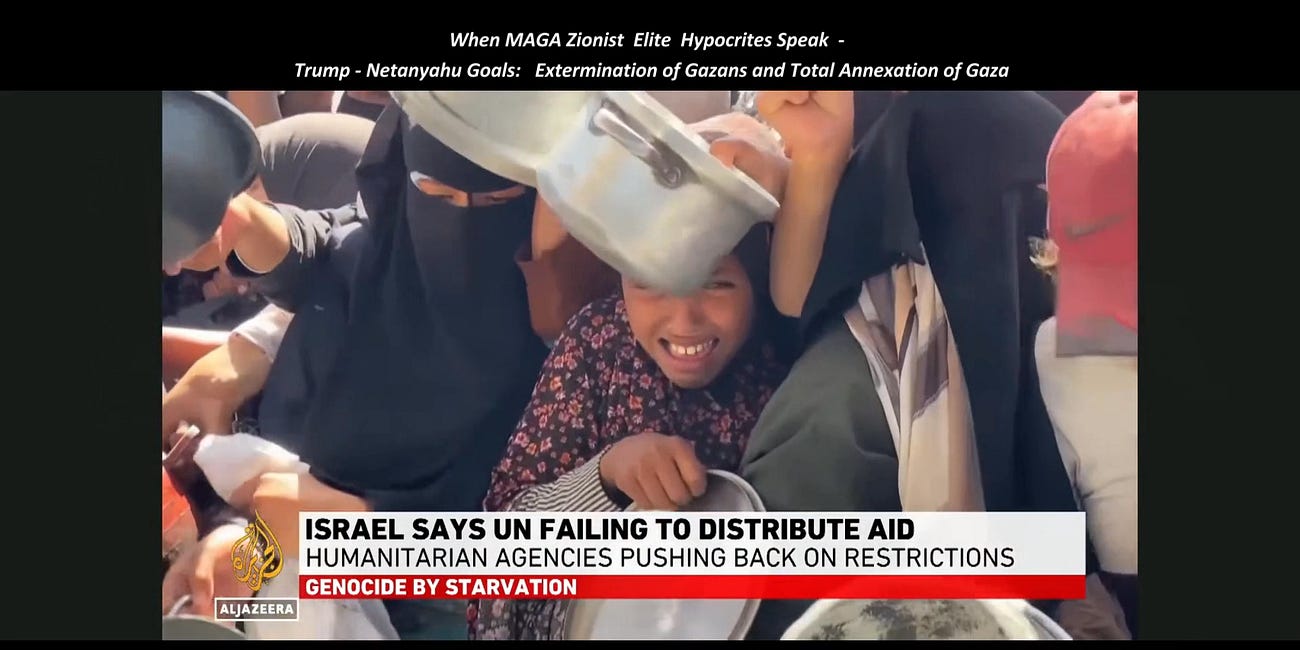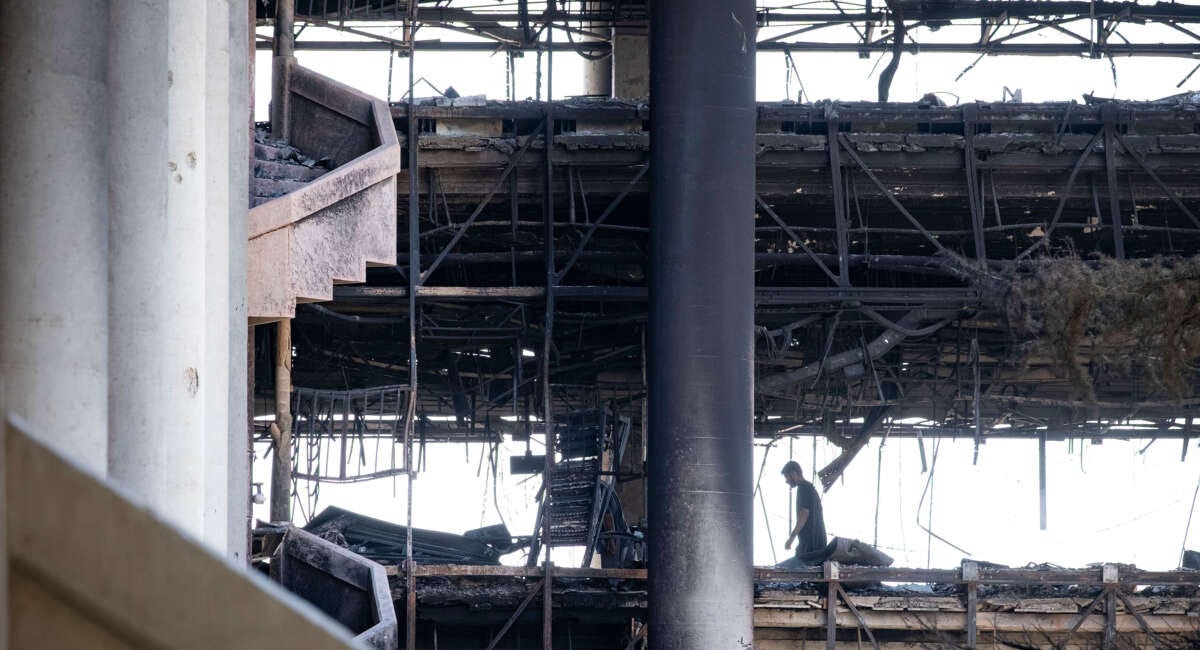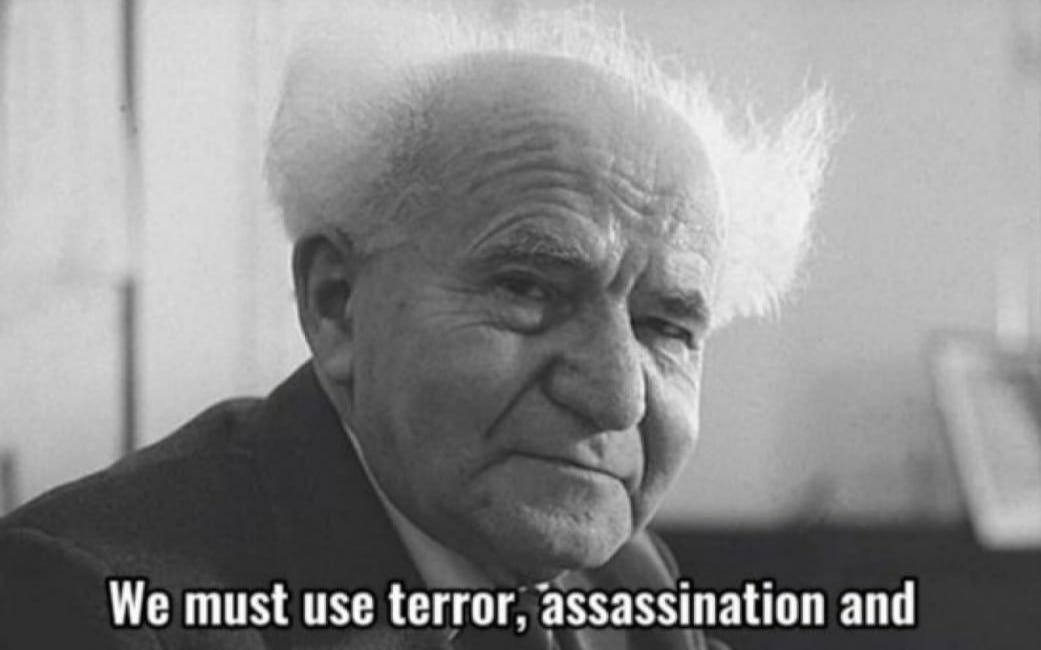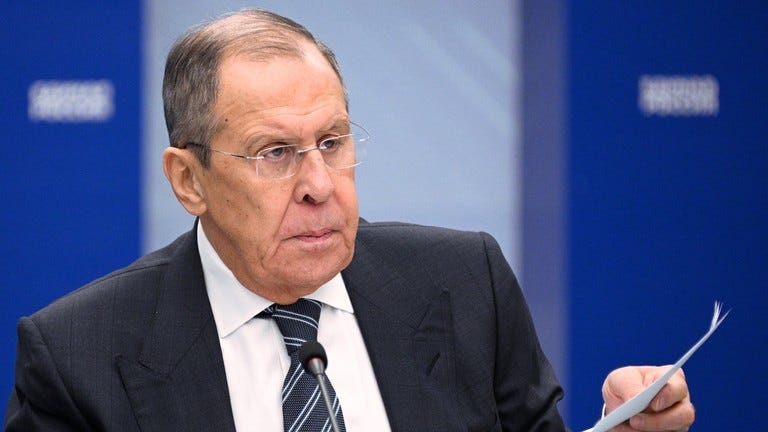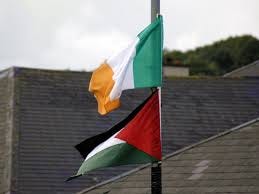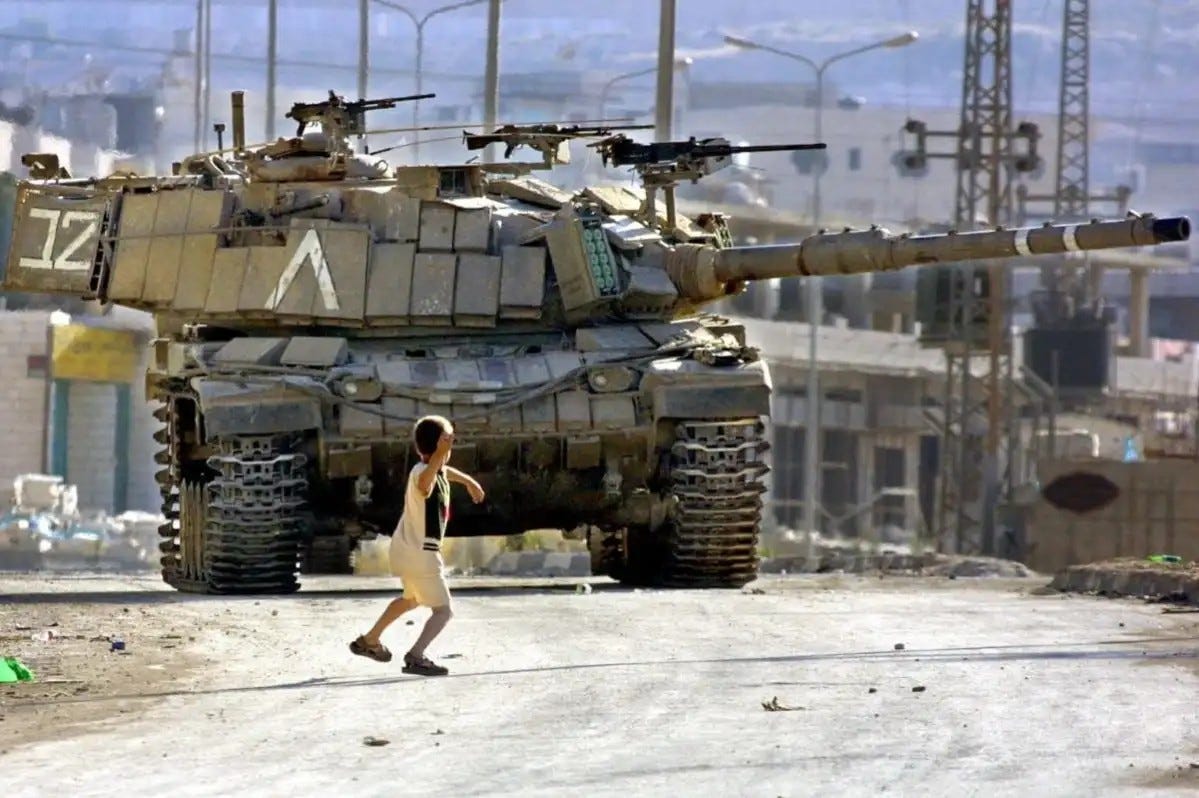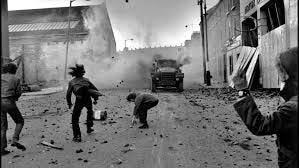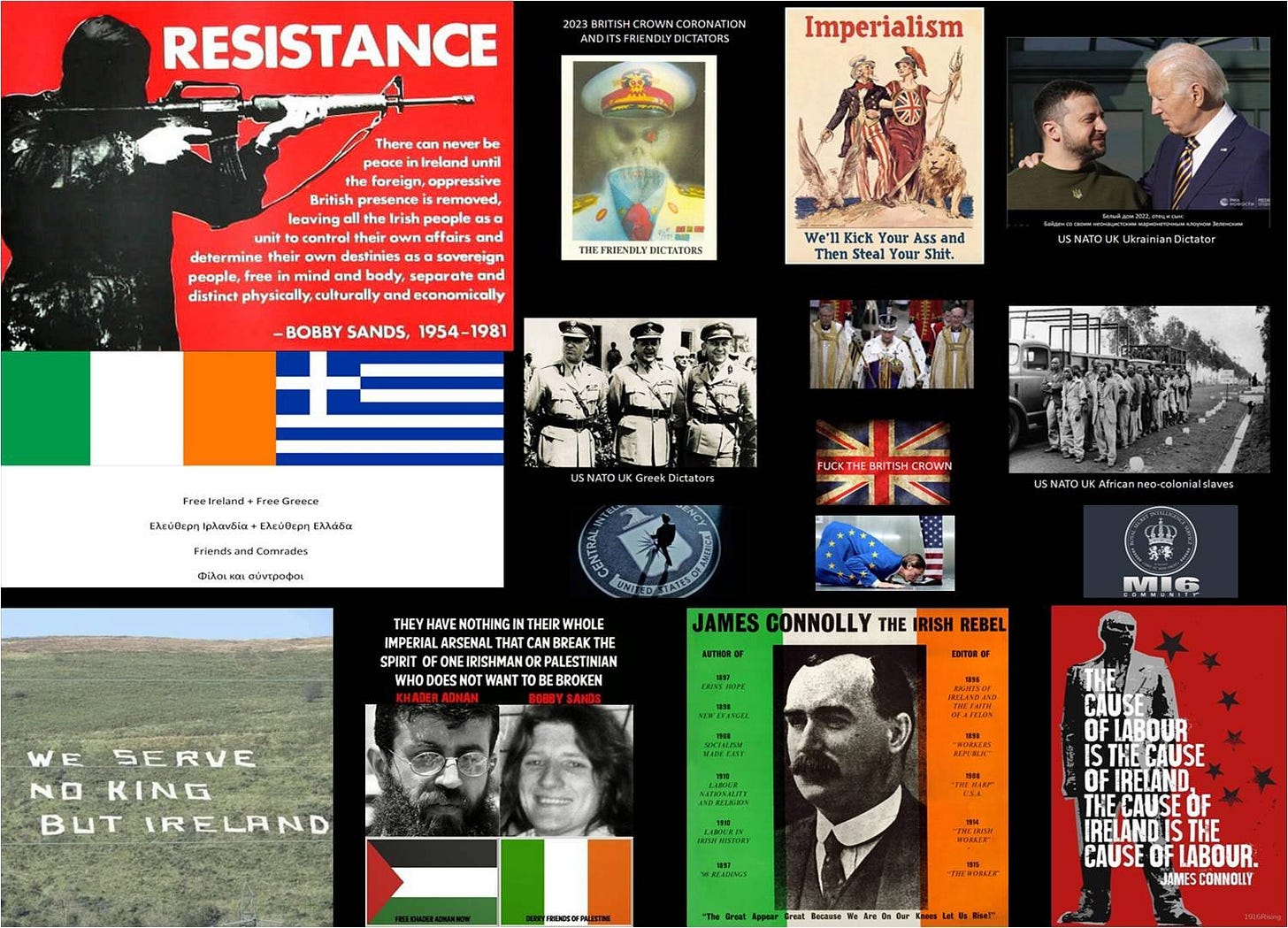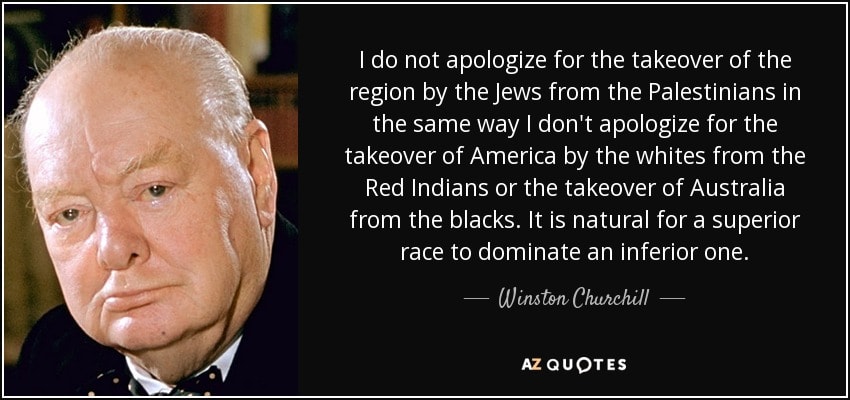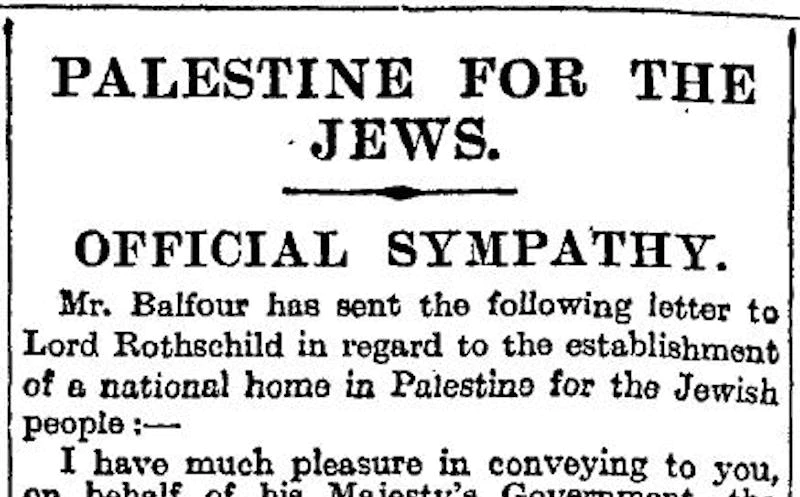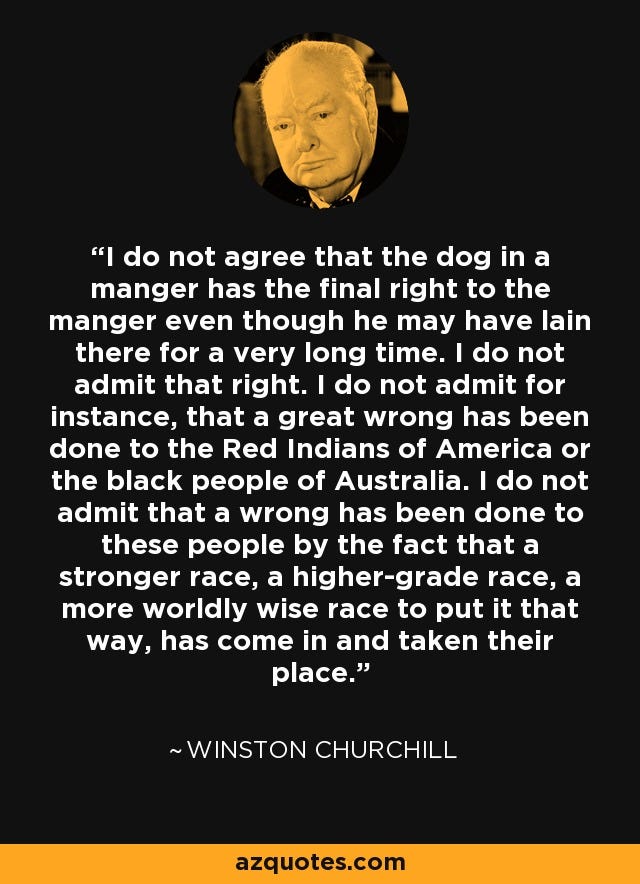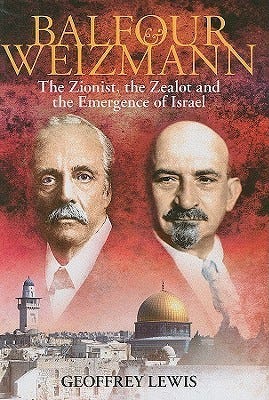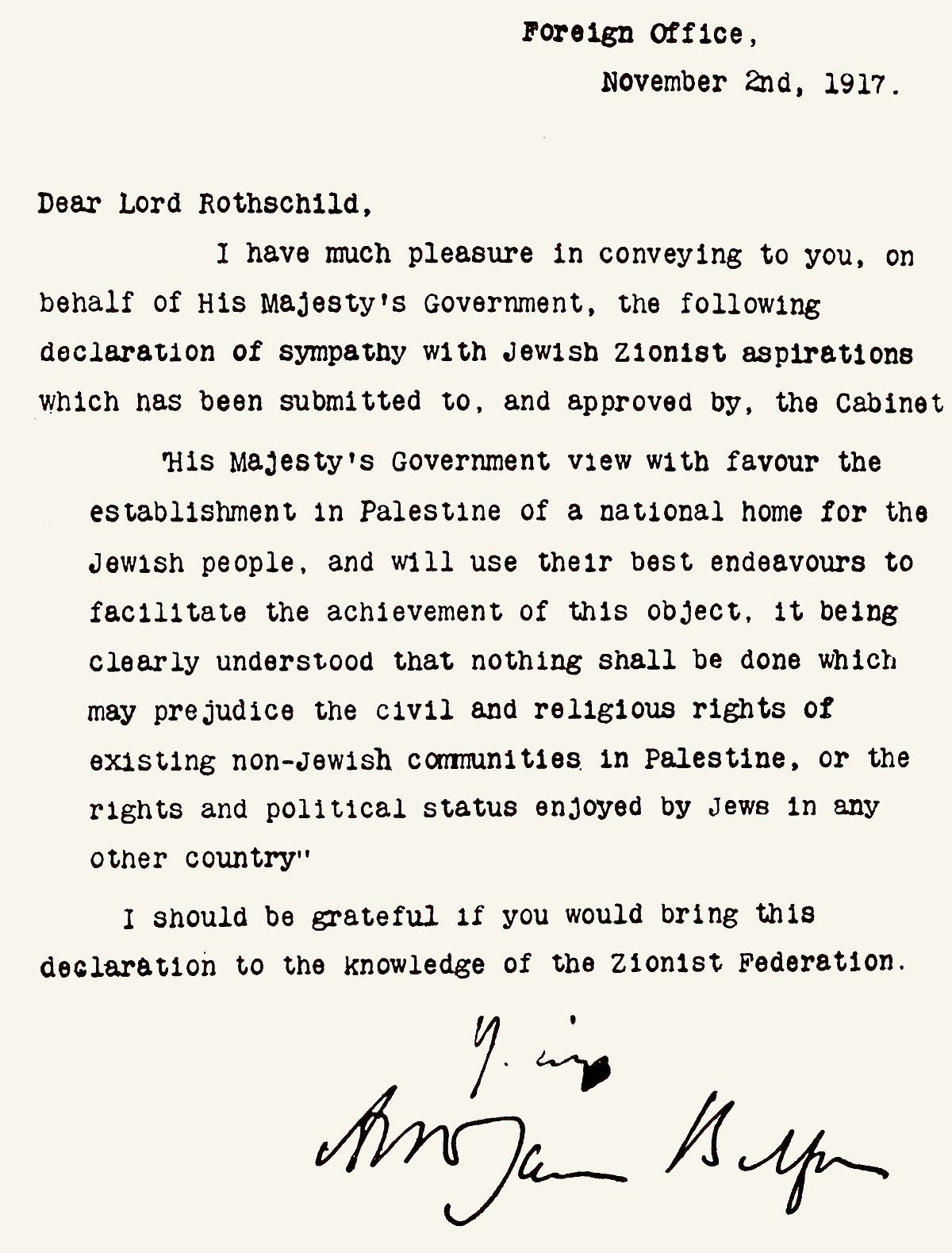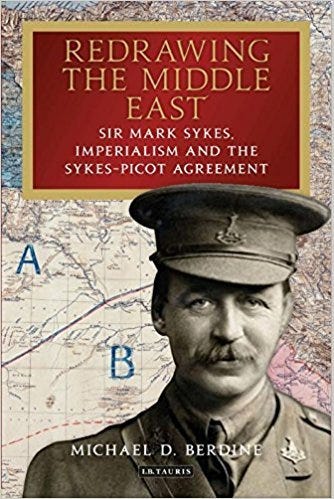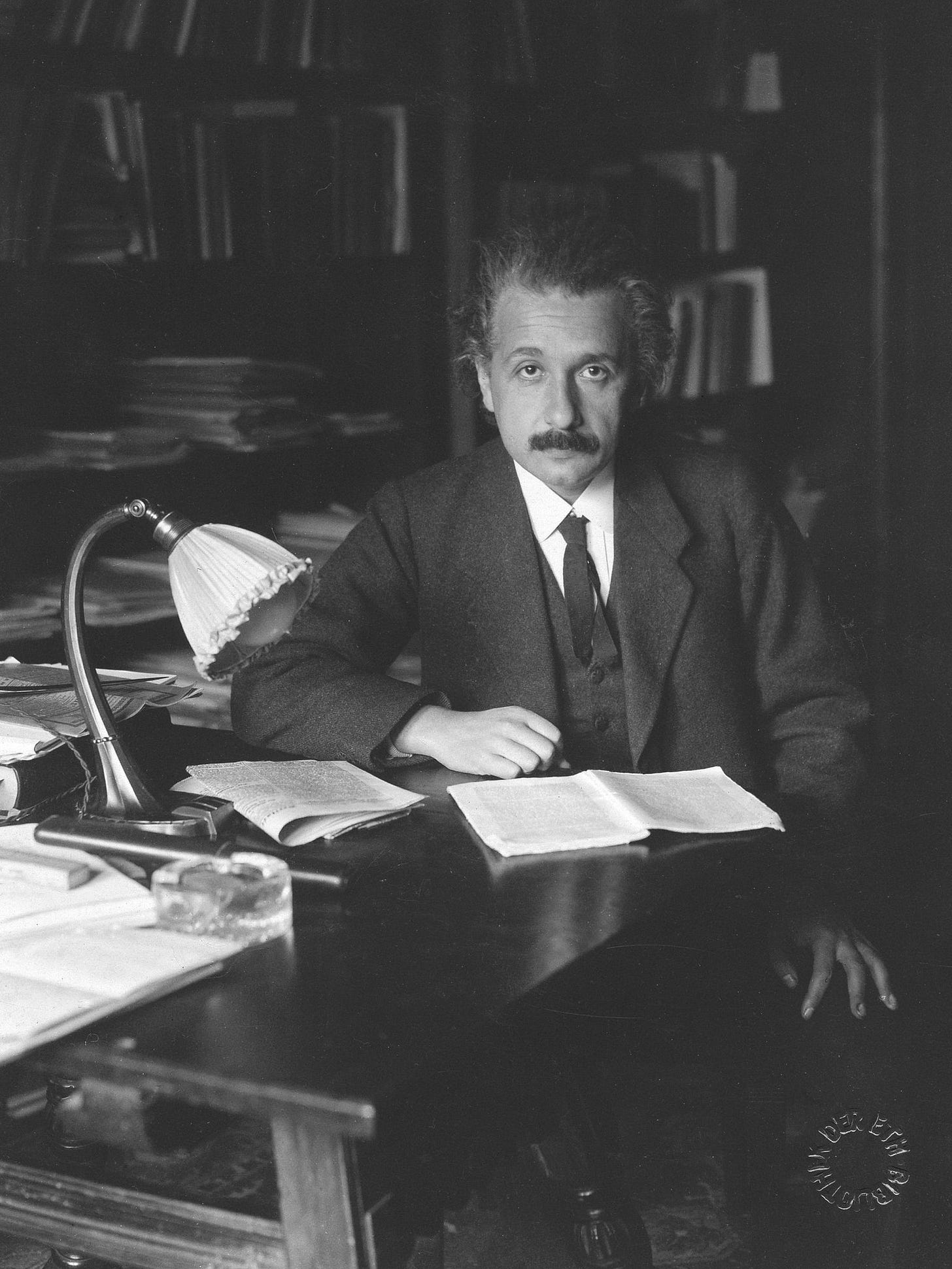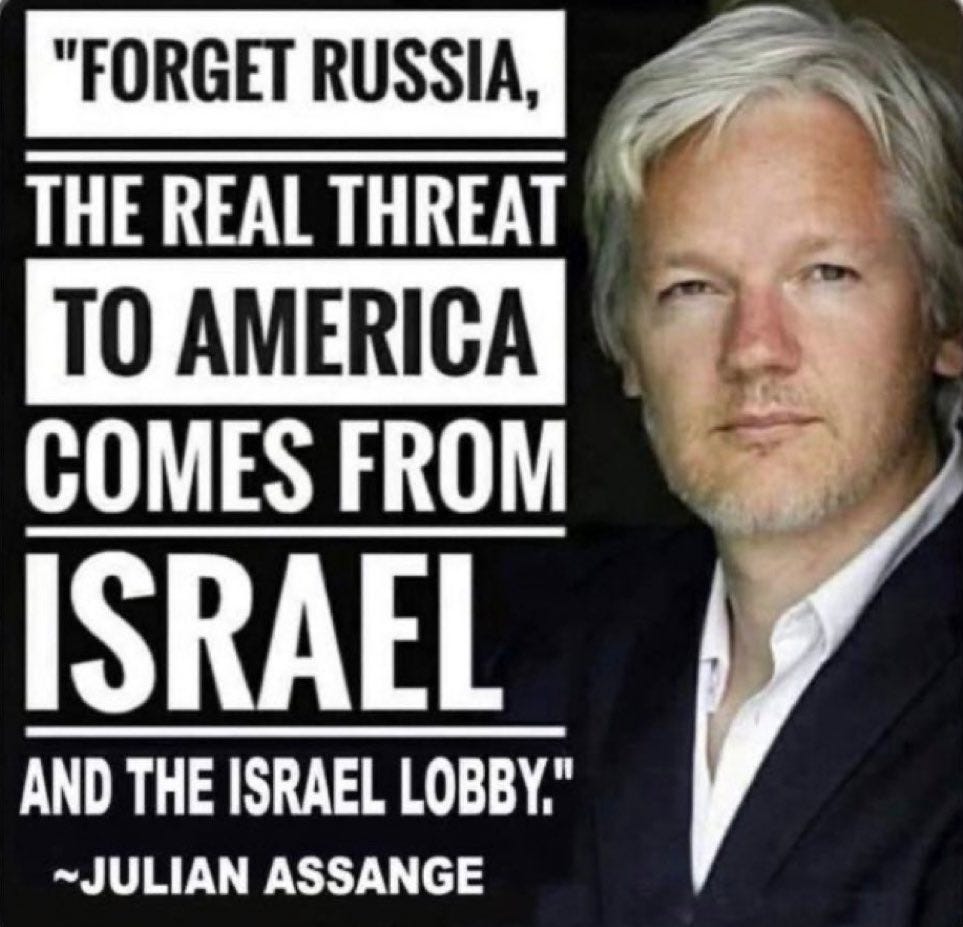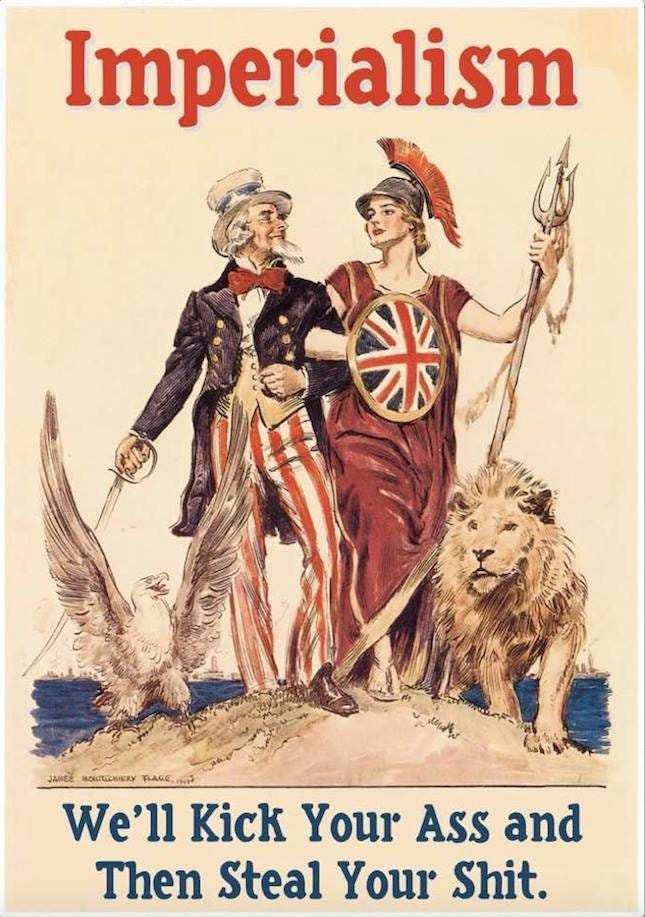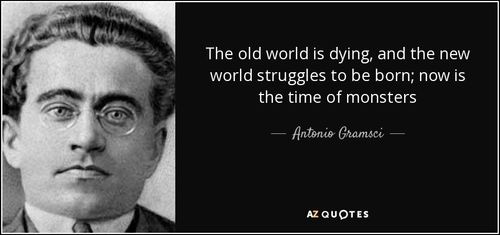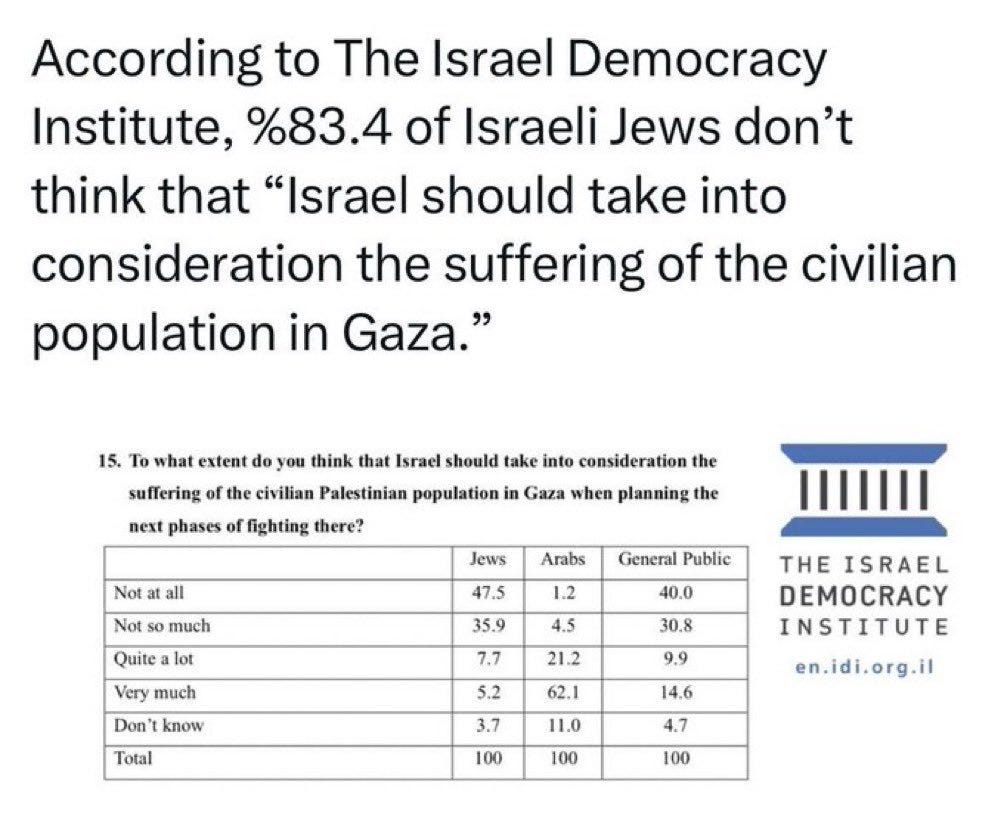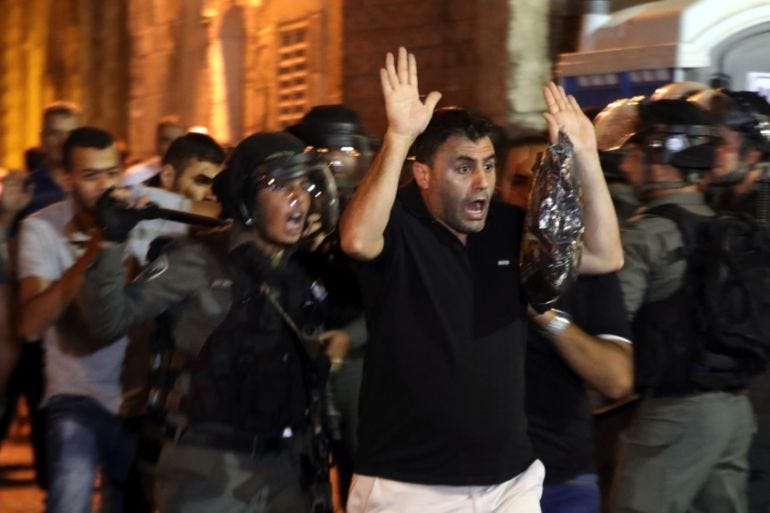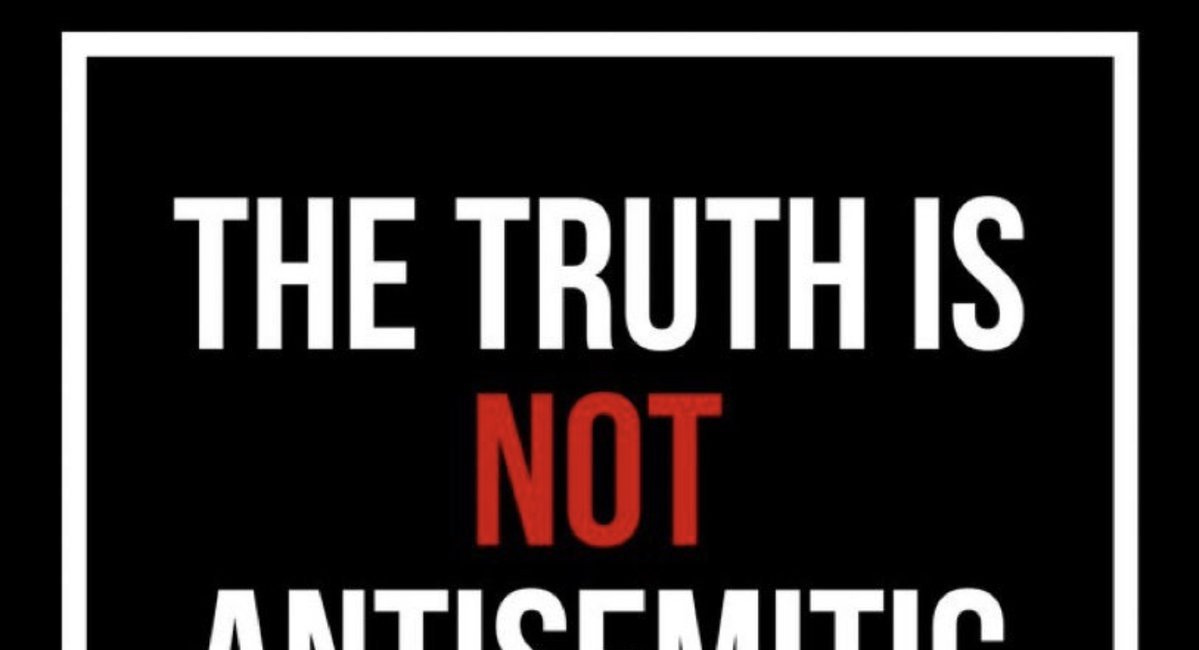A Declaration of Independence for a Free Republic of Palestine
Palestine's Revolution for Freedom and Independence
A Modest Proposal - A Declaration of Independence for a Free Republic of Palestine
I give to the World Community for your consideration for A Declaration of Independence for a Free Republic of Palestine where I have taken the liberty of adopting and adapting some of the concepts and texts of the revolutionary right of rebellion for self-determination and independence from the writings and concepts of American Revolutionaries, Thomas Jefferson’s Declaration of Independence and Thomas Paine’s Rights of Man and Common Sense, who would today would rightly advocate the right of rebellion and support for a Free and Independent Palestine.1
So, I offer to all Palestinian Patriots and their Supporters A Modest Proposal
A Declaration of Independence for a Free Republic of Palestine
When in the Course of human events, it becomes necessary for one people to dissolve the oppressive political bands which have connected them with another, and to assume among the powers of the earth, the separate and equal station to which the Laws of Nature and of Nature's God entitle them, a decent respect to the opinions of mankind requires that they should declare the causes which impel them to the separation through the People’s Right of Rebellion.
We hold these truths to be self-evident, that all men are created equal, that they are endowed by their Creator with certain unalienable Rights, that among these are Life, Liberty and the pursuit of Happiness.
--That to secure these rights, Governments are instituted among Men, deriving their just powers from the consent of the governed,
--That whenever any Form of Government becomes destructive of these ends, it is the Right of the People to alter or to abolish it, and to institute new Government, laying its foundation on such principles and organizing its powers in such form, as to them shall seem most likely to affect their Safety and Happiness.
Prudence, indeed, will dictate that Despotic Governments long established should be changed in order to establish Government based on the consent of the governed; and accordingly, all experience has shown, that mankind is more disposed to suffer, while evils are sufferable, than to right themselves by abolishing those manifold forms of tyranny over these People.
But when a long train of abuses and usurpations, pursuing invariably the same Object evinces a design to reduce them under absolute Zionist Despotism, it is their right, it is their duty, to throw off such Zionist Despotism, and to provide new Guards for their future security.
--Such has been the great sufferance and agony of the Colonized Palestinians; and such is now the necessity which compels the Right of the People of Palestine to abolish absolute Zionist Despotism, and to institute anew their own Sovereign Government under the Right of Return of all Palestinian Peoples and the Right to reclaim indigenous historic Lands of Palestine.
History of the present Government under Zionist Despotism is a history of repeated injuries and usurpations, all having the direct object the establishment of an absolute Tyranny over the People of Palestine through Zionist systematic repressive policies of unlawful confiscation of private properties, collective punishment, violations of humanitarian laws among many other consistent violations and outrages as a means to coercively enforce a mass Exodus of the People of Palestine from their native indigenous lands.
To prove this, let Facts be submitted to a candid world: List of Zionist state crimes committed against the People of Palestine hereon is not definitive since the record of Zionist Despotic crimes against the People of Palestine is very long based on the historical record of Zionist colonization over the People of Palestine.2
Colombia President Gustavo Petro Shakes UNGA With Fiery Speech on Trump, Israel, Palestine, Ukraine
President Gustavo Petro speaks at UNGA in defense of Free Palestine and against US Empire
US -backed Israeli terror state attacks International Gaza Freedom Flotilla
Home - Gaza Freedom Flotilla
UN World Community turns its back and walks out on US-backed Zionist Killer State's speech
Mass protests outside UN as delegates walk out during Netanyahu’s speech
Palestine Continues to Bleed: The open wounds of Gaza City
Huda Skaik The Electronic Intifada 25 September 2025
Trump Blocks Palestinian President's Entry to 80th UNGA Session but cannot stop Palestine's Statehood in rising Multipolar World
Israel is guilty of war crimes, Palestine’s Abbas tells UN General Assembly
Myth America: US - Zionist Denial of Palestine Statehood reveals that "Americans and Israelis are NOT the 'Good Guys'"
“Terrorism” is generally used by US and western elites as a propaganda term used to divert attention away from the real state terrorist regime, the US national security state (USNSS).
MAGA Zionist US Again Vetoes Security Council on Gaza Genocide Ceasefire
US ZIONIST GENOCIDAL BOMBING OF GAZA CITY CONTINUES WHILE US VETOES UN CEASEFIRE RESOLUTION
Portugal joins UK, Canada, and Australia in recognizing Palestinian state
Participants parade with Palestinian flags and protest signs during demonstration in Lisbon, Portugal, July, 2025. © Horacio Villalobos#Corbis/Getty Images
NATO nation cancels over $1bn in Israeli arms deals – media
FILE PHOTO: Spanish Prime Minister Pedro Sanchez. © Pablo Blazquez Dominguez / Getty Images
EU member state calls for sanctions on Israel – media
Irish Deputy Prime Minister and Foreign Minister, Simon Harris, at the White House, Washington, DC. October 09, 2024. © Getty Images / Anna Moneymaker
Arab states call for UN suspension of Israel
Press conference after the emergency Arab-Islamic summit in Doha, Qatar on September 15, 2025. © Getty Images / Noushad Thekkayil; NurPhoto
Miko Peled: the Israeli apartheid state must be dismantled to end the Gaza genocide
On this episode of Going Underground, we speak to Miko Peled, Founder of the Palestine House of Freedom and grandson of a signatory to Israel’s creation in 1948. He discusses the full resumption of Israel’s genocide in Gaza, why Israel must be dismantled to end the killing of Palestinians, the Trump Administration’s move towards war with Iran, the Israe…
When the Persecuted Become the Persecutors - The Shame of Israel
Gaza: Israeli public’s ‘wall of genocide denial’ – exec. director, Physicians for Human Rights-Israel
US-backed Gaza Genocide on American "4th of July": Put Away the Flags
Zinn was a lifetime member of Veterans for Peace sign • Veterans News Now
To All Palestinian Patriots and Supporters for a Free Palestine:
The Right of Palestinian Self-Determination De-Colonization Rebellion
They may kill the Revolutionary, but they will never kill the Revolution."
They may kill the Revolutionary, but they will never kill the Revolution."
Palestine’s Revolution against Zionist apartheid colonial state terror regime and their Right to Rebellion based herein on the American Revolutionaries’ own speeches, concepts and texts adapted by me in support of all Patriotic Palestinians and their Supporters.
I’ve only modified the words, yet the concepts for liberty, independence and self-determination under the right of rebellion, the right to resist repression, remain throughout the ages the hallmark of anti-colonial national liberation movements.
MAGA Zionist Trump Ignores American Majorities who oppose US involvement in Zionist Israeli War against Iran
JUN 18, 2025 The Cradel News Desk
US Weighs Deeper Involvement in Israel’s Illegal Attacks Against Iran
Foto: An unidentified security man walks along the floor at the headquarters of the Islamic Republic of Iran News Network (IRINN) in Iran's state television compound, which was destroyed in Israeli strikes, in northern Tehran, Iran, on June 19, 2025. Morteza Nikoubazl / NurPhoto via Getty Images
Zionists implement Hitler’s Lebensraum Ethnic Cleansing Policies
Zionism’s Final Solution for “the Palestine Problem”
Holocaust doesn’t give Israel impunity – Lavrov
The Soviet people were also subject to Nazi genocide, but Russia doesn’t have carte blanche in the global arena, he says
Russian Foreign Minister Sergey Lavrov. © Sputnik/Ramil Sitdikov
Israel should not think that the suffering of Jews during World War II gives it free rein in foreign policy, particularly when it comes to the hostilities in Gaza, Russian Foreign Minister Sergey Lavrov has said.
Speaking at a press conference on the results of Moscow’s diplomacy in 2023 on Thursday, Lavrov reiterated his support for the creation of a Palestinian state. The decades-long failure to do this is one of the key reasons for the current instability in the Middle East and tensions between Palestinians and Israelis, he added.
The foreign minister noted that Russia had immediately condemned the attack on Israel by Hamas on October 7. However, after the hostilities began, some Israeli officials went so far as to call the residents of Gaza “animals” without facing any backlash from the West, he added.
Lavrov added that the Soviet people had suffered no less as they were exterminated in the same Nazi concentration camps as the Jews, with both people dying from starvation side-by-side in besieged Leningrad.
“According to this logic, we can do whatever we want. That won’t work if we want to systematically uphold international law,” he added.
Hamas attacked Israel on October 7, with the ensuing fighting killing more than 1,200 Israelis and 24,000 Palestinians. Since then, Israel started a ground operation in the Palestinian enclave, which has caused unprecedented destruction. It has vowed not to stop until Hamas is completely defeated and Palestinian society “deradicalized.”
Russia has repeatedly called on the two sides to agree to a ceasefire while urging Israel not to forget the laws of war.
The Holocaust claimed the lives of around six million Jews in Europe. Meanwhile, the Soviet Union lost some 27 million people during the war, including many Jews, with two-thirds of those losses among the civilian population.
Holocaust doesn’t give Israel impunity – Lavrov — RT Russia & Former Soviet Union
http://RT.com
Palestine’s Revolution against Zionist apartheid colonial state terror regime and their Right to Rebellion based herein on the American Revolutionaries’ own speeches, concepts and texts adapted by me in support of all Patriotic Palestinians and their Supporters.
I’ve only modified the words, yet the concepts for liberty, independence and self-determination under the right of rebellion, the right to resist repression, remain throughout the ages the hallmark of anti-colonial national liberation movements.
Why a Free Ireland & Free Palestine
There is a Time for Revolution!
When Time Passes without Justice
When People see the Past
When People then see the Future
There is a Time for Revolution!
Tear down flags of Oppression.
Raise Flags of Revolution!
The World is with You Palestine!!!
-George Kallas
They may kill the Revolutionary, But they will never kill the Revolution."
-Chay Bowes @BowesChay
Palestine
Belfast, Northern Ireland
Why a Free Ireland & Free Palestine
by George Kallas
1. Both were under British colonial domination.
2. Both sought independence through liberation movements.
3. Both sought sovereign control over their respective indigenous lands and/or territories.
4. Both have yet to achieve full popular sovereign control over historically occupied indigenous lands mostly due to influence of US Empire's Unipolar Hegemony.
5. For Ireland it’s Belfast, Northern Ireland as last colonial enclave dominated by UK with US tacit support in return for sustaining a US/NATO/5 Eyes Strategic Alliance.
6. For Palestinians it’s return of all illegally occupied lands, they are still struggling for right of return through liberation struggles while collective west along with Zionist Israeli state terror regime are protected by influence of US Empire's Unipolar Hegemony which hypocritically turns a blind eye away from this unfolding catastrophe.
PAST IS PROLOGUE TOWARD A PALESTINIAN REVOLUTION
The British imperial colonial Balfour Declaration ghost today still haunts the World Community as evidenced by the horrific ethnic cleansing operations of the US-backed Zionist state terrorism contributing to the evolving Gaza Genocide.
It was British dishonesty and double-dealing during WW1 that led us to today’s terrifying conflict in Israel and Palestine Promising both Arabs and Jews a homeland, and exploiting divisions in return for loyalty, led us to this bloodbath, as it did in Ireland, India and Africa.
-Chay Bowes
ZIONISM is one strain of Western Supremacism, which argues that white Europeans are "racially superior" to People of Color and have a natural right to ethnically cleanse the Global South of "racially inferior savages" in order to take possession of their land.
@Bevin83994661
Balfour and Weizmann: The Zionist, the Zealot and the Emergence of Israel
On November 2, 1917, Arthur Balfour, then Foreign Secretary, wrote to Lord Rothschild to say that the British Government viewed with favor the establishment in Palestine of a national home for the Jewish people. The consequences of this statement have reverberated throughout the world in a crescendo of bitterness and violence ever since. It interposed a European (mainly Russian) Jewish cultural idea in an Arab land and it led eventually to the Arab-Israeli conflict.
Eleven years before his declaration, Balfour had met the passionate Zionist and émigré chemist Chaim Weizmann while electioneering in Manchester. At the centre of Geoffrey Lewis's compelling book is the story of this encounter and the developing relationship between these two men: the Zionist and the Zealot, so different from each other, yet drawn together by forces that neither quite understood, with consequences that were to have a profound effect on the modern world. [Goodreads]
Balfour Declaration
British government statement of 1917
Wikipedia
The declaration that changed history for ever
Avi Shlaim
Ernest Bevin, Labour's postwar foreign secretary, once told the Zionist leader, David Ben-Gurion, that the Balfour Declaration of 1917 was the worst mistake in western foreign policy in the first half of the 20th century. From the perspective of British interests, it was certainly a strategic blunder. It committed Britain to support the establishment of a "national home" for the Jewish people in Palestine when the Jews constituted less than 10% of the population. Britain's promise paved the way for the establishment of the state of Israel, but also unleashed one of the most bitter conflicts of modern times.
The story of the Balfour Declaration has been told many times. Geoffrey Lewis has chosen to focus only on the part played by the two principal architects of the declaration: Arthur Balfour and Chaim Weizmann, the Gentile Zionist and the ardent Jewish nationalist. The result is a perceptive, elegantly written and fair-minded book.
At first sight, Balfour seems an unlikely candidate for the role of mover and shaker. He was a languid aristocrat with a philosophical turn of mind. A popular saying went: "If you want nothing done, Balfour is your man." Yet he was moved by a strong conviction that the case for a Jewish homeland in Palestine was wholly exceptional and that it overrode the natural right of the Arabs to self-determination.
Weizmann, a lecturer in chemistry at Manchester University, was a consummate diplomat and an eloquent advocate who converted many in the British establishment to the Zionist cause. The first meeting between Balfour and Weizmann took place in 1906, three years after the Zionist leadership had turned down the offer of a Jewish homeland in Uganda. Their conversation lasted more than an hour and contained within it the germ of the Balfour Declaration.
Balfour could not understand why the persecuted Russian Jews refused the offer of a safe asylum. Weizmann tried to explain why the Zionists could not accept a home anywhere but Jerusalem. "Suppose," he said, "I were to offer you Paris instead of London." "But, Dr Weizmann, we have London," Balfour replied. "That is true," Weizmann said, "but we had Jerusalem when London was a marsh." "Are there many Jews who think like you?" wondered Balfour. "I believe I speak the minds of millions of Jews," replied Weizmann. "It is curious," Balfour remarked, "the Jews I meet are quite different." "Mr Balfour," said Weizmann, "you meet the wrong kind of Jews."
In fact, most of the leaders of British Jewry were opposed to the idea of a Jewish homeland in Palestine. Prominent among them was Edwin Montagu, the secretary of state for India. Montagu rejected the notion that the Jews were a nation and warned that a Jewish home in Palestine would undermine the struggle for equal rights for Jews in the rest of the world. Balfour, however, was persuaded by Weizmann that race, religion and geography were linked in a unique way for Zionist Jews.
Weizmann's refusal even to look at the Uganda scheme greatly impressed Balfour. He concluded that the Jewish form of patriotism was without parallel, that Zionism was a noble project and that Britain ought to support it on idealistic grounds. This perception led directly to the famous declaration that bore Balfour's name, one that changed the course of Middle East history.
Avi Shlaim is a professor of international relations at the University of Oxford. His books include Lion of Jordan: King Hussein's Life in War and Peace (Penguin)
Redrawing the Middle East: Sir Mark Sykes, Imperialism and the Sykes-Picot Agreement
The Sykes-Picot Agreement was one of the defining moments in the history of the modern Middle East. Yet its co-creator, Sir Mark Sykes, had far more involvement in British Middle East strategy during World War I than the Agreement for which he is now most remembered. Between 1915 and 1916, Sykes was Lord Kitchener's agent at home and abroad, operating out of the War Office until the war secretary's death at sea in 1916. Following that, from 1916 to 1919 he worked at the Imperial War Cabinet, the War Cabinet Secretariat and, finally, as an advisor to the Foreign Office. The full extent of Sykes's work and influence has previously not been told. Moreover, the general impression given of him is at variance with the facts. Sykes led the negotiations with the Zionist leadership in the formulation of the Balfour Declaration, which he helped to write, and promoted their cause to achieve what he sought for a pro-British post-war Middle East peace settlement, although he was not himself a Zionist. Likewise, despite claims he championed the Arab cause, there is little proof of this other than general rhetoric mainly for public consumption. On the contrary, there is much evidence he routinely exhibited a complete lack of empathy with the Arabs. In this book, Michael Berdine examines the life of this impulsive and headstrong young British aristocrat who helped formulate many of Britain's policies in the Middle East that are responsible for much of the instability that has affected the region ever since.
About the Author and Scholar
Michael D. Berdine is a retired history lecturer who has taught history, political science and religious studies at universities and colleges in the US and the UK.
"Should we be unable to find a way to honest cooperation and honest pacts with the Arabs, then we have learned absolutely nothing from our 2,000 years of suffering and will deserve our fate."
- Albert Einstein, To the Zionist leader, Chaim Weizmann, 1929
My adopting and adapting those historic concepts and declarations for self-determination will also highlight the monumental hypocrisies of today’s American and Collective Western leaders who seem to have forgotten their much vaunted “western liberal values” while rendering their cynical and opportunistic craven support of this Zionist regime of state sanctioned terrorism over the People of Palestine.
The Tragedy of Zionism created the Agony of Palestine.
Zionism is just another self-created ideological monster.
Not a political 'blunder'.
More like a dogmatic ideological project since 1948 Nakba to create Zionland steep in blood and 'strategically politically successful' with a little help from its US national security state terror regime mentor and supporter.
This is NOT a 'blunder'.
Ideological racist apartheid dogma is institutionalized throughout this state terrorist regime, it's what got Netanyahu forever reelected by Israelis. Zionist "Israel" is at another historic moment where it must complete the "Palestinian Final Solution" and get away with it before the eyes of the World Community.
Israelis need to look in their collective national mirror and the image of Dorian Gray staring back at them.
That portrait grows day by day into a hideous record of evil, which he must keep hidden from the world.
Zionist state terror regime has ripped off Zionism's 'moral mask' for all the World Community to see.
On Palestine’s Right to Rebellion
Zionist Israeli state terrorist regimes has no right of self-defense as an Illegal Occupying Power.
Palestinians have a Legal Right to Armed Struggle (aka, Armed Rebellion, hence, Hamas is NOT a terrorist organization but a legitimate anti-colonial national liberation movement contrary to Zionist anti-Palestinian racist hate speech and propaganda.
Its Obligation as Occupying Power is the Protection of the Occupied Peoples and their Lands and Personal Property.
Zionist regimes since 1947 as a ruthless, violent colonizer violated the rules of international humanitarian law, caused repeated war crimes and crimes against humanity.
In this context the Palestinians whether Hamas followers or not all share the equal right of armed rebellion against a violent colonizing aggressor power.
- Professor Kallas
Related Legal Commentary
Below more extensive legal arguments for Palestinian right to resist, rebel and defend its people against illegal occupation:
Palestinians have a legal right to armed struggle
It’s time for Israel to accept that as an occupied people, Palestinians have a right to resist – in every way possible.
Stanley L Cohen is an attorney and human rights activist who has done extensive work in the Middle East and Africa.
Palestinians have a legal right to armed struggle | Conflict | Al Jazeera
In Palestine, international law recognises the fundamental rights to self-determination, freedom and independence for the occupied, writes Cohen [Reuters]
Long ago, it was settled that resistance and even armed struggle against a colonial occupation force is not just recognised under international law but specifically endorsed.
In accordance with international humanitarian law, wars of national liberation have been expressly embraced, through the adoption of Additional Protocol I to the Geneva Conventions of 1949 (pdf), as a protected and essential right of occupied people everywhere.
Israeli occupation 'intensifying' 50 years after war with Arab nations
Finding evolving vitality in humanitarian law, for decades the General Assembly of the United Nations (UNGA) – once described as the collective conscience of the world – has noted the right of peoples to self-determination, independence and human rights.
Indeed, as early as 1974, resolution 3314 of the UNGA prohibited states from “any military occupation, however temporary”.
In relevant part, the resolution not only went on to affirm the right “to self-determination, freedom and independence […] of peoples forcibly deprived of that right,[…] particularly peoples under colonial and racist regimes or other forms of alien domination” but noted the right of the occupied to “struggle … and to seek and receive support” in that effort.
The term “armed struggle” was implied without precise definition in that resolution and many other early ones that upheld the right of indigenous persons to evict an occupier.
This imprecision was to change on December 3, 1982. At that time UNGA resolution 37/43 removed any doubt or debate over the lawful entitlement of occupied people to resist occupying forces by any and all lawful means. The resolution reaffirmed “the legitimacy of the struggle of peoples for independence, territorial integrity, national unity and liberation from colonial and foreign domination and foreign occupation by all available means, including armed struggle”.
A palpable illusion
Though Israel has tried, time and time again, to recast the unambiguous intent of this precise resolution – and thus place its now half-century-long occupation in the West Bank and Gaza beyond its application – it is an effort worn thin to the point of palpable illusion by the exacting language of the declaration itself. In relevant part, section 21 of the resolution strongly condemned “the expansionist activities of Israel in the Middle East and the continual bombing of Palestinian civilians, which constitute a serious obstacle to the realization of the self-determination and independence of the Palestinian people”.
READ MORE: Palestinians in Gaza reflect on 10 years of siege
Never ones to hesitate in rewriting history, long before the establishment of the United Nations, European Zionists deemed themselves to be an occupied people as they emigrated to Palestine – a land to which any historical connection they had had long since passed through a largely voluntary transit.
Indeed, a full 50 years before the UN spoke of the right of armed struggle as a vehicle of indigenous liberation, European Zionists illegally co-opted the concept as the Irgun, Lehi and other terrorist groups undertook a decade’s long reign of deadly mayhem.
During this time, they slaughtered not only thousands of indigenous Palestinians but targeted British police and military personnel that had long maintained a colonial presence there.
A history of Zionist attacks
Perhaps, as Israelis sit down to mourn the loss of two of their soldiers who were shot dead this past week in Jerusalem – in what many consider to be a lawful act of resistance – a visit down memory lane might just place the events in their proper historical context.
Self-determination is a difficult, costly march for the occupied. In Palestine, no matter what the weapon of choice - whether voice, pen or gun - there is a steep price to be paid for its use.
Long ago, describing the British as an occupation force in “their homeland”, Zionists targeted British police and military units with ruthless abandon throughout Palestine and elsewhere.
On April 12, 1938, the Irgun murdered two British police officers in a train bombing in Haifa. On August 26, 1939, two British officers were killed by an Irgun landmine in Jerusalem. On February 14, 1944, two British constables were shot dead when they attempted to arrest people for pasting up wall posters in Haifa. On September 27, 1944, more than 100 members of the Irgun attacked four British police stations, injuring hundreds of officers. Two days later a senior British police officer of the Criminal Intelligence Department was assassinated in Jerusalem.
On November 1, 1945, another police officer was killed as five trains were bombed. On December 27, 1945, seven British officers lost their lives in a bombing on police headquarters in Jerusalem. Between November 9 and 13, 1946, Jewish “underground” members launched a series of landmine and suitcase bomb attacks in railway stations, trains, and streetcars, killing 11 British soldiers and policemen and eight Arab constables.
Four more officers were murdered in another attack on a police headquarters on January 12, 1947. Nine months later, four British police were murdered in an Irgun bank robbery and, but three days later, on September 26, 1947, an additional 13 officers were killed in yet another terrorist attack on a British police station.
These are but a few of many attacks directed by Zionist terrorists at British police who were seen, by mostly European Jews, as legitimate targets of a campaign they described as one of liberation against an occupation force.
Throughout this period, Jewish terrorists also undertook countless attacks that spared no part of the British and Palestinian infrastructure. They assaulted British military and police installations, government offices, and ships, often with bombs. They also sabotaged railways, bridges, and oil installations. Dozens of economic targets were attacked, including 20 trains that were damaged or derailed, and five train stations. Numerous attacks were carried out against the oil industry including one, in March 1947, on a Shell oil refinery in Haifa which destroyed some 16,000 tonnes of petroleum.
READ MORE: How Israel occupied the whole of Palestine
Zionist terrorists killed British soldiers throughout Palestine, using booby traps, ambushes, snipers, and vehicle blasts.
One attack, in particular, sums up the terrorism of those who, without any force of international law at the time, saw no limitation to their efforts to “liberate” a land that they had, largely, only recently emigrated to.
In 1947, the Irgun kidnapped two British Army Intelligence Corps non-commissioned officers and threathened to hang them if death sentences of three of their own members were carried out. When these three Irgun members were executed by hanging, the two British sergeants were hanged in retaliation and their booby-trapped bodies were left in an eucalyptus grove.
WATCH: UPFRONT – Palestine and Israel: One state, or two? (25:15)
In announcing their execution, the Irgun said that the two British soldiers were hanged following their conviction for “criminal anti-Hebrew activities” which included: illegal entry into the Hebrew homeland and membership in a British criminal terrorist organisation – known as the Army of Occupation – which was “responsible for the torture, murder, deportation, and denying the Hebrew people the right to live”. The soldiers were also charged with illegal possession of arms, anti-Jewish spying in civilian clothes, and premeditated hostile designs against the underground (pdf).
Well beyond the territorial confines of Palestine, in late 1946-47 a continuing campaign of terrorism was directed at the British. Acts of sabotage were carried out on British military transportation routes in Germany. The Lehi also tried, unsuccessfully, to drop a bomb on the House of Commons from a chartered plane flown from France and, in October 1946, bombed the British Embassy in Rome. A number of other explosive devices were detonated in and around strategic targets in London. Some 21 letter bombs were addressed, at various times, to senior British political figures. Many were intercepted, while others reached their targets but were discovered before they could go off.
The steep price of self-determination
Self-determination is a difficult, costly march for the occupied. In Palestine, no matter what the weapon of choice – whether voice, pen or gun – there is a steep price to be paid for its use.
Today, “speaking truth to power” has become very much a popular mantra of resistance in neoliberal circles and societies. In Palestine, however, for the occupied and oppressed, it is an all-but-certain path to prison or death. Yet, for generations of Palestinians stripped of the very breath that resonates with the feeling of freedom, history teaches there is simply no other choice.
Silence is surrender. To be silent is to betray all those who have come before and all those yet to follow.
OPINION: Why is Netanyahu trying to disband the UNRWA?
For those who have never felt the constant yoke of oppression, or seen it up close, it is a vision beyond comprehension. Occupation sits heavy on the occupied, every day in every way, limiting who you are and what you may dare to become.
The constant rub of barricades, guns, orders, prison and death are fellow travellers for the occupied, whether infants, teens in the spring of life, the elderly, or those trapped by the artificial confines of borders over which they have no control.
The three young men, cousins, who willingly sacrificed their lives in the attack on the two Israeli officers in Jerusalem, did so not as an empty gesture born of desperation, but rather a personal statement of national pride that follows a long line of others who well understood that the price of freedom can, at times, mean all.
To the families of the two Israeli Druze policemen who lost their lives while trying to control a place that was not theirs to command, I extend my condolences. These young men were, however, not lost to the ring of resistance, but willingly sacrificed by an evil occupation that bears no legitimacy whatsoever.
Ultimately, if there is grieving to be done, it must be for the 11 million occupied, whether in Palestine or outside, as so much stateless refugees, stripped of a meaningful voice and opportunity, as the world makes excuses built largely of a political and economic gift box that bears the Star of David.
Not a day goes by now without the chilling wail of a nation watching over a Palestinian infant wrapped in a burial shroud, stripped of life because electricity or transit have become a perverse privilege which holds millions hostage to the political whims of the few. Be they Israeli, Egyptian or those who claim to carry the mantle of Palestinian political leadership, the responsibility of infanticide in Gaza is theirs and theirs alone.
‘If there is no struggle, there is no progress’
The three young men, cousins, who willingly sacrificed their lives in the attack on the two Israeli officers in Jerusalem, did so not as an empty gesture born of desperation, but rather a personal statement of national pride that follows a long line of others who well understood that the price of freedom can, at times, mean all.
For 70 years, not a day has passed without the loss of young Palestinian women and men who, tragically, found greater dignity and freedom in martyrdom than they did in obedient, passive living controlled by those who dared to dictate the parameters of their lives.
Millions of us worldwide dream of a better time and place for Palestinians … free to spread their wings, to soar, to discover who they are and what they wish to become. Until then, I mourn not for the loss of those who stop their flight. Instead, I applaud those who dare to struggle, dare to win – by any means necessary.
There is no magic to resistance and struggle. They transcend time and place and derive their very meaning and ardour in the natural inclination, indeed, drive, of us all to be free – to be free to determine the role of our own lives.
INTERACTIVE: Palestine in Motion – From exile to resistance
In Palestine, no such freedom exists. In Palestine, international law recognises the fundamental rights to self-determination, freedom and independence for the occupied. In Palestine, that includes the right to armed struggle, if necessary.
Long ago, the famed abolitionist Frederick Douglass, himself a former slave, wrote of struggle. These words resonate no less so today, in Palestine, than they did some one 150 years ago in the heart of the Antebellum South in the United States:
“If there is no struggle, there is no progress. Those who profess to favor freedom, and yet depreciate agitation, are men who want crops without plowing up the ground. They want rain without thunder and lightning. They want the ocean without the awful roar of its many waters. This struggle may be a moral one; or it may be a physical one; or it may be both moral and physical; but it must be a struggle. Power concedes nothing without a demand. It never did and it never will.”
Stanley L Cohen is a lawyer and human rights activist who has done extensive work in the Middle East and Africa.
Stanley L Cohen is an attorney and human rights activist who has done extensive work in the Middle East and Africa.
Stanley L Cohen is a US-based attorney and human rights activist who has done extensive work in the Middle East and Africa. He has handled prominent international cases including that of Hamas leader Mousa Abu Marzook. He has served as a consultant to Middle East governments and movements including Hamas and Hezbollah and NGOs and foundations in Palestine, Egypt, Syria, Lebanon, Saudi Arabia and Turkey.
This blog will be updated to include future information as the Palestine Crisis unfolds.
Please also see related blogs:
Too many Palestinians have died – Blinken
Child killed every 10 minutes in Gaza – WHO chief
Gaza now a ‘graveyard’ for children – UN agency
A Modest Proposal - A Declaration of Independence for a Free Republic of Palestine
"Give Me Liberty or Give Me Death!" American Revolutionary Cry for Self-Determination based on De-Colonization Rebellion against British Empire is echoed today in the Palestinian Revolutionary Cry for Self-Determination based on De-Colonization Rebellion against Zionist Colonial Despotism.
“It is in vain, sir, to extenuate the matter. Gentlemen may cry, Peace, Peace but there is no peace. The war is actually begun! The next gale that sweeps from the north will bring to our ears the clash of resounding arms! Our brethren are already in the field! Why stand we here idle? What is it that gentlemen wish? What would they have? Is life so dear, or peace so sweet, as to be purchased at the price of chains and slavery? Forbid it, Almighty God! I know not what course others may take; but as for me, give me liberty or give me death!”
(Source: Wirt, William. Sketches of the Life and Character of Patrick Henry)
It is necessary that the exercise of every kind of authority under the said Zionist Regime should be totally suppressed, and all the powers of government exerted, under the authority of the people of the occupied colonies of Palestine, for the preservation of internal peace, virtue, and good order, as well as for the defense of their lives, liberties, and properties, against the hostile invasions and cruel depredations of their despotic Zionist enemies.
(On the Zionist Tyranny over Palestine: My adaptation from the words John Adams, Massachusetts delegate thought drawing up republican-written constitutions was an act of “independence itself.”)

